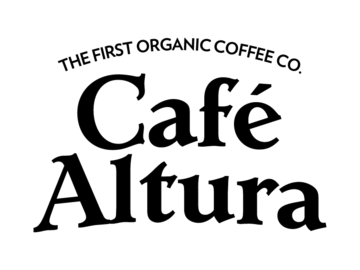Peaberry Coffee
Every year, hundreds of millions of pounds of coffee are grown around the world. It’s a number which continues to increase, along with demand for beans. As the industry has grown, so too have its by-products and repurposed defects grown into industries of their own. Peaberry beans, around 5-10% of coffee beans, represents one such niche.
